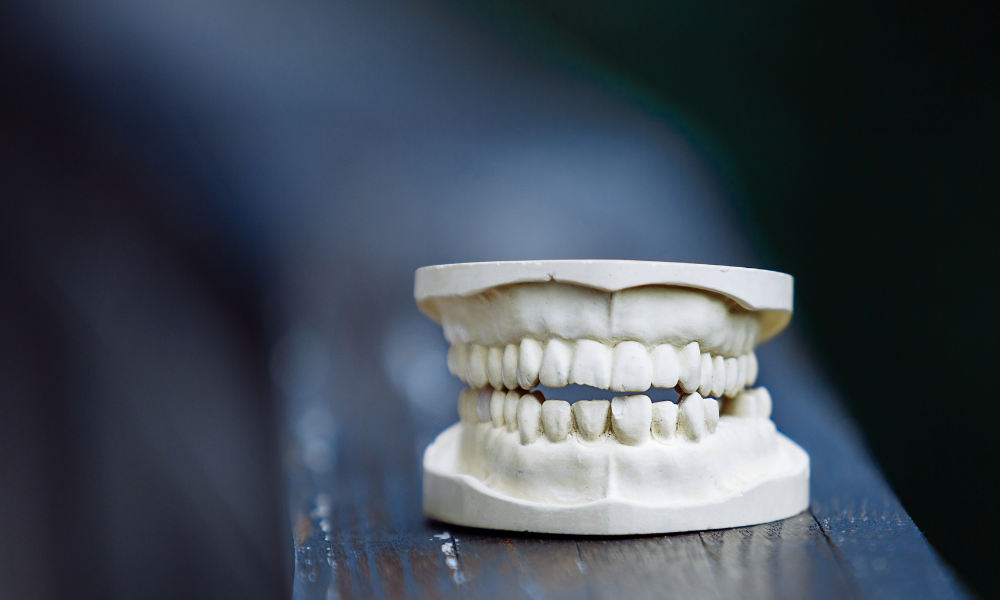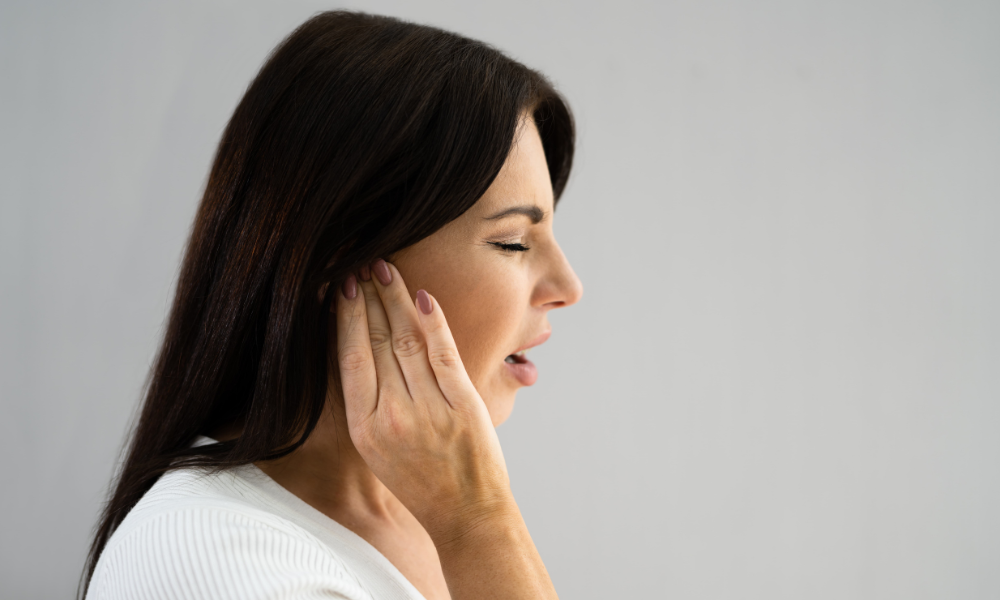
Individuals suffering from chronic orofacial pain conditions, such as temporomandibular joint disorders (TMD/TMJ), myofascial pain, atypical tooth pain, trigeminal nerve disorders, and neurovascular and neuropathic pain, often experience a diminished quality of life. In order to achieve lasting pain relief, a comprehensive and integrative approach to treatment is vital, and this includes a focus on proper nutrition. At Columbia Center for Sleep Apnea and TMJ, Dr. Bloxham recognizes the importance of nutrition in both the prevention and management of orofacial pain and incorporates dietary recommendations as part of his holistic approach to care.
There is a growing body of evidence to suggest that certain dietary changes, such as consuming anti-inflammatory foods and avoiding problem-causing substances, can have a significant impact on managing orofacial pain, including TMD/TMJ. Nutrition plays a critical role in reducing inflammation, supporting healthy muscles and joints, and promoting overall well-being, which is essential for individuals coping with chronic pain conditions.
In this article, we will delve into the importance of proper nutrition when it comes to managing orofacial pain conditions and discuss specific foods to incorporate and avoid in order to achieve long-lasting relief and improved overall health. By understanding the impact of nutrition on pain management and making informed choices about the foods they consume, individuals can optimize their treatment outcomes, experience reduced pain, and enjoy an enhanced quality of life.
Foods to Eat: Nutritional Powerhouses for Orofacial Pain
1. Omega-3 Fatty Acids:
Found in fatty fish like salmon, mackerel, and sardines, as well as in nuts and seeds like walnuts and flaxseeds, omega-3 fatty acids are known to reduce inflammation, support joint health, and promote overall well-being. Incorporating these foods into your diet can help alleviate TMD/TMJ symptoms and other orofacial pain conditions.
2. Antioxidant-Rich Foods:
Foods high in antioxidants, such as colorful fruits and vegetables (e.g., berries, leafy greens, and bell peppers), can help combat inflammation and oxidative stress, which are often associated with orofacial pain conditions. These foods also provide essential vitamins and minerals, supporting overall health.
3. Magnesium-Rich Foods:
Magnesium plays a crucial role in regulating muscle and nerve function. Consuming magnesium-rich foods, such as whole grains, leafy greens, and nuts, can help support healthy muscle function, alleviate muscle tension, and provide relief for TMD/TMJ and other orofacial pain conditions.
Foods to Avoid: Triggers for Orofacial Pain
1. Excessive Caffeine:
High levels of caffeine intake can exacerbate muscle tension and cause teeth grinding, which may contribute to orofacial pain symptoms. Limit your consumption of caffeine-rich beverages like coffee, tea, and energy drinks, or opt for decaffeinated versions when possible.
2. Sugary and Processed Foods:
Foods high in added sugars and unhealthy fats, such as candies, pastries, and chips, can worsen inflammation and negatively impact overall health. Limit your intake of these foods and opt for healthier alternatives, like fresh fruits and whole-grain snacks.
3. Tough or Chewy Foods:
For individuals with TMD/TMJ or other orofacial pain conditions, consuming tough, chewy, or hard foods can exacerbate symptoms and cause additional strain on the jaw muscles and temporomandibular joint. Avoid foods like steak, chewy candies, and raw vegetables, and instead opt for softer options like cooked vegetables, tender meats, or yogurt.
Customizing Your Diet for Orofacial Pain Relief
Each individual's nutritional needs and pain management strategies will differ, making it important to work with a healthcare professional like Dr. Bloxham at Columbia Center for Sleep Apnea and TMJ to develop a personalized nutrition plan that considers your unique circumstances.
Conclusion:
Proper nutrition is a crucial aspect of managing orofacial pain conditions, including TMD/TMJ, and can contribute to long-lasting relief and improved overall health. By understanding the impact of nutrition on pain management, incorporating anti-inflammatory and nutrient-dense foods, and avoiding common pain triggers, individuals can optimize their treatment outcomes, experience reduced pain, and enjoy an enhanced quality of life. Always consult with Columbia Center for Sleep Apnea and TMJ to develop a nutrition plan tailored to your unique needs and orofacial pain condition. Contact our
center for sleep apnea and TMJ in Richland today to schedule a consultation and start your journey towards orofacial pain relief.











